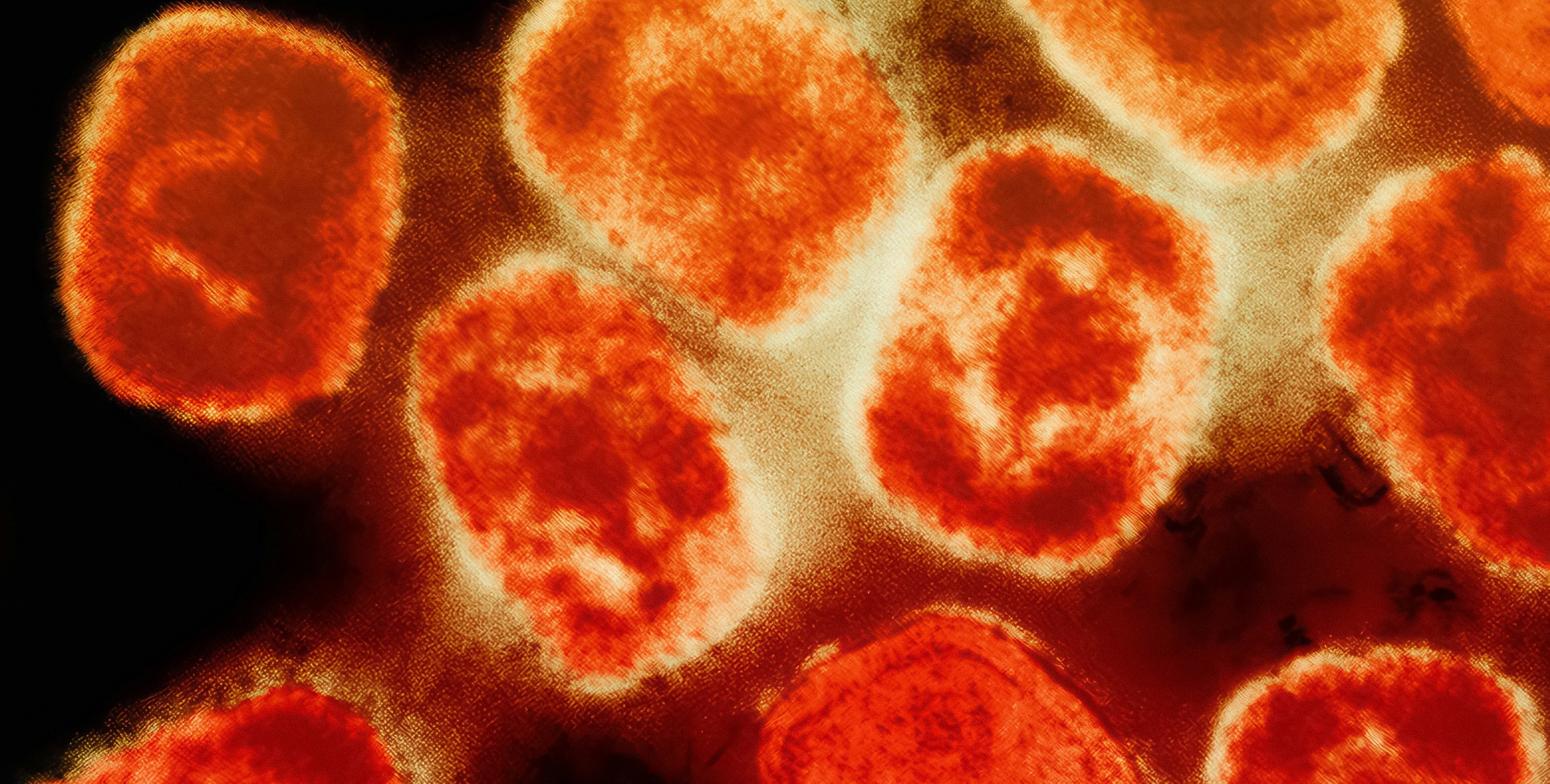Australia is currently facing a resurgence of Mpox, with this year’s infections surpassing those of the 2022 outbreak.
To date, more than 241 cases have been reported nationwide, prompting state health departments to issue alerts.
What is Mpox?
Mpox is an infectious disease caused by the monkeypox virus (MPXV), a member of the Poxviridae family, which includes cowpox, variola, vaccinia, and other viruses. Scientists suspect that rodents native to Africa and primates might harbour the virus, which can then go on to infect humans.
The first human case was recorded in 1970 in what is now the Democratic Republic of the Congo (DRC). In 2022, Mpox spread around the world. Today, the virus remains a central health concern for countries in West, Central, and Eastern Africa, but other cases have been identified, prompting concern and public health initiatives in North and South America, Europe, Asia, and Oceania.
There are two types of Mpox:
- Clade 1: This strain is responsible for the current rise in cases in Central and Eastern Africa. Around 10% of people who contracted the virus died from it. However, recent outbreaks have seen much lower death rates – around 1-3%.
- Clade 2: This strain caused the global outbreak in 2022. Infections from Clade 2 are generally less severe, with a more than 99.9% survival rate.
What are the symptoms of Mpox?
Mpox symptoms can appear 1-21 days after infection and typically last 2-4 weeks, though they may persist longer in individuals with weakened immune systems. Symptoms include:
- Rash
- Sore throat
- Fever
- Muscle aches
- Headaches
- Back pain
- Fatigue
- Swollen lymph nodes
- Swelling in the rectum
- Pain or difficulty urinating
- Pain when swallowing
These symptoms can appear in any order, and while some people may experience many symptoms, others may only have a few.
The most common symptoms are rash, fever, and sore throat. The rash often starts on the face and spreads to the rest of the body, including the hands and feet, but it can also begin on other parts of the body where initial contact is made, such as the hands and genitals.
The rash progresses from flat sores to blisters filled with liquid, often itchy and painful.
As the rash heals, the lesions dry and crust over until the scabs fall off. Some people may only have one or two lesions, while others may have hundreds. Once all sores and lesions have healed, people are generally not infectious.
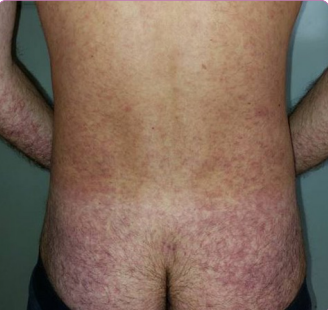




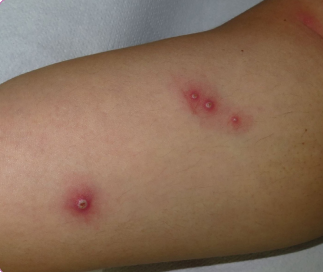
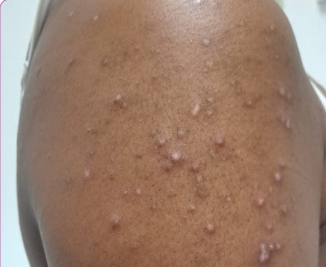
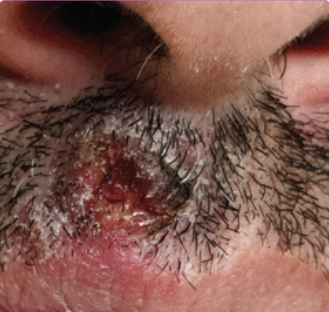
How contagious is Mpox?
Mpox is highly contagious and can be transmitted in various ways, including:
- Skin-to-skin contact
- Mouth-to-mouth or mouth-to-skin contact
- Close proximity to an infected person and inhaling aerosolised particles
- Contact with contaminated objects, such as used clothing or bed linens
- Needle-stick injuries
- Animal-to-human contact, such as through bites or scratches or during activities like hunting, skinning, or handling carcasses
Can Mpox be sexually transmitted?
Yes, Mpox can be sexually transmitted.
Since it is generally passed through close contact with an infected person, sexual activity increases the likelihood of infection. The virus can be transmitted through sexual contact with the penis, vagina, labia, and anus of an infected person. Individuals with multiple sexual partners are at higher risk of acquiring Mpox.
Preventing Mpox
There are several ways you can protect yourself from an Mpox infection:
- Vaccination: Getting vaccinated for Mpox is one of the most effective ways to protect against the virus. Health officials recommend that gay, bisexual, men who have sex with men, and people with HIV get vaccinated as they are at higher risk of infection.
- Social distancing: Avoiding close skin-to-skin contact with people who are infected is advised. This can include not sharing eating utensils, bedding, and clothing.
- Animal carcasses: If you are in an area in West or Central Africa, avoid contact with live or dead wild animals.
Get tested today
If you are concerned about Mpox, you can get in touch with Better2Know to find out how you can get tested in your local area.


